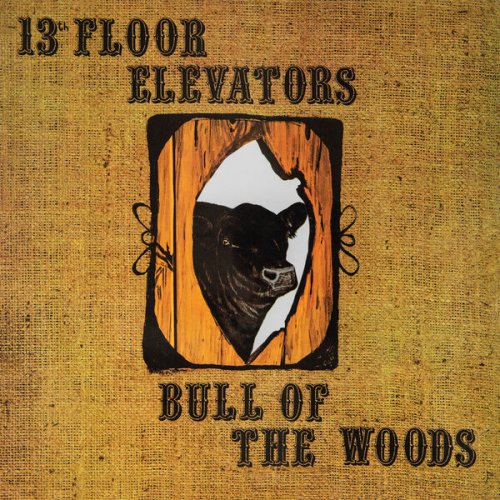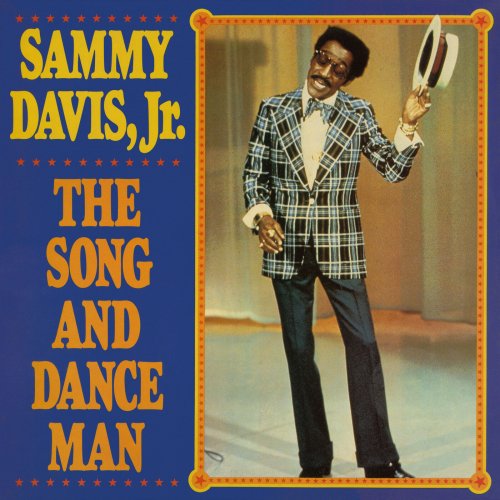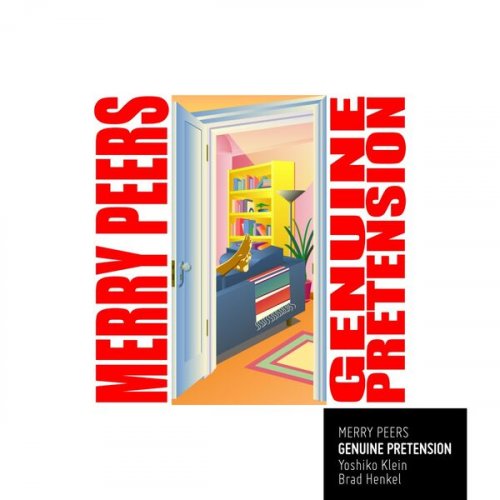13th Floor Elevators - Bull of the Woods (QFPS Version) (2024) Hi-Res

Artist: 13th Floor Elevators, The 13th Floor Elevators
Title: Bull of the Woods (QFPS Version)
Year Of Release: 1967 / 2024
Label: International Artists
Genre: Garage Rock, Psychedelic Rock
Quality: FLAC (tracks) 24bit-44.1kHz
Total Time: 35:58
Total Size: 406 Mb
WebSite: Album Preview
Tracklist: Title: Bull of the Woods (QFPS Version)
Year Of Release: 1967 / 2024
Label: International Artists
Genre: Garage Rock, Psychedelic Rock
Quality: FLAC (tracks) 24bit-44.1kHz
Total Time: 35:58
Total Size: 406 Mb
WebSite: Album Preview
01. Livin' On (QFPS Version) (3:28)
02. Barnyard Blues (QFPS Version) (3:00)
03. Till Then (QFPS Version) (3:24)
04. Never Another (QFPS Version) (2:33)
05. Rose And The Thorn (QFPS Version) (3:36)
06. Down By The River (QFPS Version) (1:54)
07. Scarlet and Gold (QFPS Version) (5:00)
08. Street Song (QFPS Version) (4:56)
09. Dr Doom (QFPS Version) (3:13)
10. With You (QFPS Version) (2:15)
11. May the Circle Remain Unbroken (QFPS Version) (2:44)
Bull of the Woods is the third studio album by The 13th Floor Elevators, and the last on which they worked as a group. The album is noted for its moody, dreamy, and fuzzed-out psychedelic sound, and was released by International Artists.
While the 13th Floor Elevators' debut album caught them as they were still buzzing with the excitement of their musical journey through inner space and Easter Everywhere found them exploring the possibilities of the recording studio as well as their own creative process, their final studio set, 1969's Bull of the Woods, documented a band that was running out of gas. Legal problems were dogging the Elevators and preventing them from touring, they were justifiably unhappy with their record company, lead vocalist Roky Erickson was beginning to buckle under the group's steady diet of LSD, and lyricist and founder Tommy Hall was growing tired of the demands of the group after the difficult process of writing Easter Everywhere. As a consequence, guitarist Stacy Sutherland became the de facto leader of the group during the recording of Bull of the Woods, writing most of the songs and singing lead on several numbers, and in his hands the 13th Floor Elevators were a very different band. Sutherland's compositions on Bull of the Woods are more languid and pastoral than the material that dominated the first two albums, and while there's still a psychedelic undertow to this music, Sutherland's music was gentler and his lyrics more solidly grounded in the real world than what he created in tandem with Erickson and Hall. At the same time, Bull of the Woods also showcases Sutherland's consistent strength as a guitarist, and his fluid lead lines and melodies rooted in country and blues figures are Texas psychedelic music at its purest and most refreshing; after the psychic roller coaster of the 13th Floor Elevators' first two albums, Bull of the Woods is a relatively quiet trip to the countryside, and it's joyous, frequently beautiful stuff. Unfortunately, the sessions for Bull of the Woods were recorded quickly, and producer Ray Rush overdubbed an incongruous horn section on several numbers at the insistence of International Artists Records, but even in compromised form, Bull of the Woods is a testament to Stacy Sutherland's talents and his often overlooked role in one of America's truly visionary rock bands.
While the 13th Floor Elevators' debut album caught them as they were still buzzing with the excitement of their musical journey through inner space and Easter Everywhere found them exploring the possibilities of the recording studio as well as their own creative process, their final studio set, 1969's Bull of the Woods, documented a band that was running out of gas. Legal problems were dogging the Elevators and preventing them from touring, they were justifiably unhappy with their record company, lead vocalist Roky Erickson was beginning to buckle under the group's steady diet of LSD, and lyricist and founder Tommy Hall was growing tired of the demands of the group after the difficult process of writing Easter Everywhere. As a consequence, guitarist Stacy Sutherland became the de facto leader of the group during the recording of Bull of the Woods, writing most of the songs and singing lead on several numbers, and in his hands the 13th Floor Elevators were a very different band. Sutherland's compositions on Bull of the Woods are more languid and pastoral than the material that dominated the first two albums, and while there's still a psychedelic undertow to this music, Sutherland's music was gentler and his lyrics more solidly grounded in the real world than what he created in tandem with Erickson and Hall. At the same time, Bull of the Woods also showcases Sutherland's consistent strength as a guitarist, and his fluid lead lines and melodies rooted in country and blues figures are Texas psychedelic music at its purest and most refreshing; after the psychic roller coaster of the 13th Floor Elevators' first two albums, Bull of the Woods is a relatively quiet trip to the countryside, and it's joyous, frequently beautiful stuff. Unfortunately, the sessions for Bull of the Woods were recorded quickly, and producer Ray Rush overdubbed an incongruous horn section on several numbers at the insistence of International Artists Records, but even in compromised form, Bull of the Woods is a testament to Stacy Sutherland's talents and his often overlooked role in one of America's truly visionary rock bands.







![Judith Goldbach Quartett - Akrobat (2025) [Hi-Res] Judith Goldbach Quartett - Akrobat (2025) [Hi-Res]](https://www.dibpic.com/uploads/posts/2025-12/1765455741_hg3dbj38fhbob_600.jpg)
